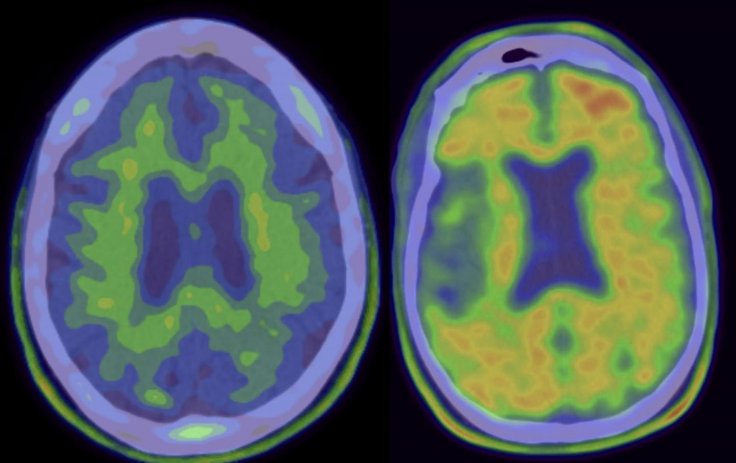A study found that prior to diagnosis of the Alzheimer's disease, many victims were found to have already entered the early stages which might force him over-dependent on others and risk adverse financial decision making that could be due exploitation by others. Since, Alzheimer's disease isn't usually diagnosed until symptoms are severe, it involves gradual decline of cognitive powers, enough of period to depend on others or compromise on decision-making.
The disquieting finding, published Oct. 25 in the journal Health Economics, was the outcome of a nation-wide survey of Americans aged over 50. It was sponsored by the National Institute on Aging and the questionnaire included questions about households' financial assets and liabilities, besides access to their Medicare data to know their diagnosis of Alzheimer's disease or related dementia.
Since previous studies proved that people in the very early stages of Alzheimer's lose financial capacity such as managing checkbook, payment of bills on time, inconsistent with spending styles they had in the past. In this study, lead author, health economist Carole Roan Gresenz, interim dean for Georgetown University's School of Nursing & Health Studies, wanted to know more about that impact. "What happens to financial household outcomes during that period of cognitive decline prior to diagnosis?" was the focus of the new study.

The team of researchers merged data from two sources: the Health and Retirement Study and Medicare claims to track backwards from the date of diagnosis to figure out what was happening to households financially prior to diagnosis. "What we found was that households in which someone is in the early stage of the disease are vulnerable to large reductions in liquid assets such as savings, money market, and checking accounts," she says. Many households witnessed a considerable reduction in net wealth during the period preceding the diagnosis.
"The findings are concerning because these adverse financial outcomes are occurring just prior to when substantial resource demands will be placed on these families as they grapple with costs related to care-giving needs," Gresenz says, underlining the important role being played by financial institutions in reducing the exposure of vulnerable elderly to poor outcomes.

The researchers are now working on matching credit data with Medicare data to understand more about the specific types of financial decisions and choices that underlie these findings as well as to explore whether financial information offers the potential for early identification of individuals who are in the initial stages of Alzheimer's disease, said Gresenz.
Early detection using Sniff Test:
Detecting the symptoms of Alzheimer's early is the key to work around the problems faced by families and institutions to stem such unwanted financial situation. Some recent studies have shown that the sense of smell should provide the clue early in neurologists' offices.
Scientists have found that the sense of smell declines sharply in the early stages of Alzheimer's, and a study from the Perelman School of Medicine at the University of Pennsylvania published in 2016 in the Journal of Alzheimer's Disease confirms that a "sniff test" can help in early diagnosis of this dreaded disease. It is useful for diagnosing a pre-dementia condition called mild cognitive impairment (MCI), which eventually turns out to be Alzheimer's in a few years.

Principal investigator Prof David R. Roalf of the department of Psychiatry at Penn and his colleagues used the Sniffin' Sticks Odor Identification Test, in which subjects must try to identify 16 different odors. They administered it to 728 elderly people and placed them in one of three categories: "healthy older adult," "mild cognitive impairment," or "Alzheimer's dementia."
"These results suggest that a simple odor identification test can be a useful supplementary tool for clinically categorizing MCI and Alzheimer's, and even for identifying people who are at the highest risk of worsening," Roalf said. The Sniffin' Sticks test normally takes 5 to 8 minutes.









